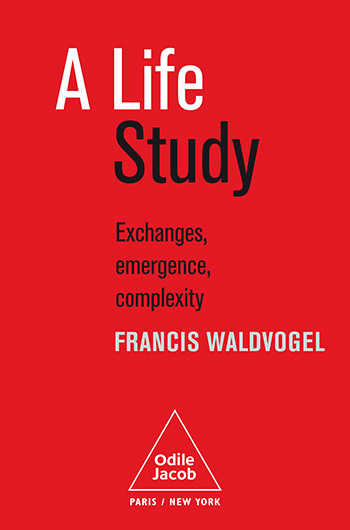Philippe Cury, Daniel Pauly
Obstinate Nature Publication date : March 30, 2023
“A system is viable only if it combines speed and slowness,” write Philippe Cury and Daniel Pauly. “Nature’s cycles tell us that viability requires a combination of these dynamics—fast and slow, innovation and inertia.”
Obstinate Nature, a concise and powerful collaboration between two accomplished marine biologists, is centrally concerned with the imbalance in those dynamics that currently threatens our planet, our environment, and our survival. Since our emergence as a species, Homo sapiens has overridden the slow and cyclical natural order in the ceaseless pursuit of faster everything: population growth, territorial expansion, food cultivation, and technological development.
Now, as climate change and declining resources push us ever closer to the brink of collapse, the true test of a sustainable future will be whether we can reconcile our perpetual thirst for linear acceleration with the painstaking natural cycles that allowed us to exist in the first place.
Through encounters with remarkable animals, such as sea turtles and jellyfish, and eye-opening stories about exploitative practices like overfishing and institutionalized animal cruelty, Obstinate Nature shows in personably philosophical language just how steep a price the natural world is paying for our follies and excesses—and what our future holds if we fail to embrace and respect the rest of life on earth.
Coming not a moment too soon, Obstinate Nature is a chilling portrait of unchecked and longstanding human arrogance, and a sober exhortation to find our place within nature, not over it, before the clock runs out.
Philippe Cury is research director at the French National Research Institute for Sustainable Development, scientific co-director of the Euromarine Consortium, and former director of the Center for Tropical and Mediterranean Research in Sète, France. Recognized globally as a leading specialist in marine resources, Daniel Pauly leads the Sea Around Us project at the University of British Columbia Institute for the Oceans and Fisheries, of which he was formerly director.

